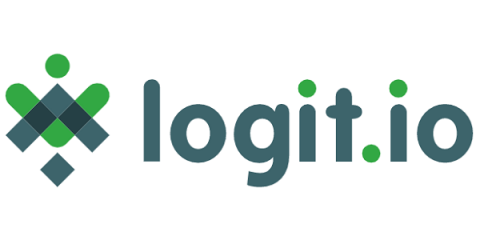Essential Guide to Windows Log Management
Monitoring Windows event and activity Logs is one of the most important aspects of Windows log management. Windows Event Logs contain all the crucial information about system health, security events, application and errors which helps in gaining insight into your operating system.















